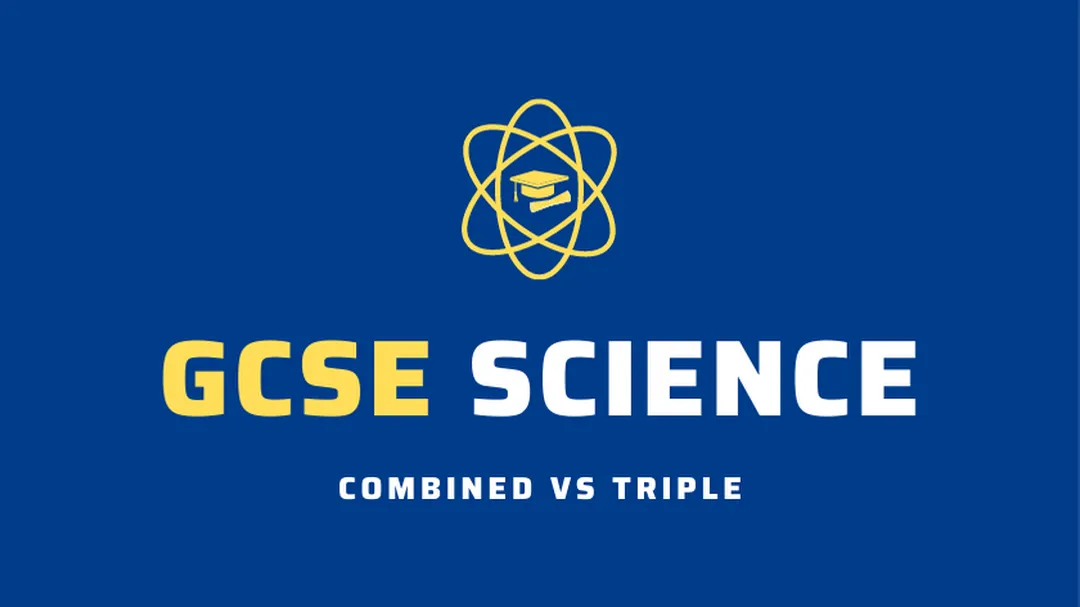Oguz Kaan Kısa · Nov. 9, 2021

Students in Double Science (also known as Combined Science) study all three disciplines. How many gcses do you get for double science? They receive two GCSEs at the end of their studies. This is due to the fact that they cover around a third of the curriculum covered by triple science students. As a result, doing two types of science qualifies as two alternatives.
Students who study Triple Science (also known as Separate Science or Single Science) study all three sciences. They'll have three GCSEs in Biology, Chemistry, and Physics at the end. This is because, while the triple science course has the same structure and content as combined science, it also includes an additional subject that bridges the gap between GCSE and A-level science.
Transitioning to A-level is easier. Students seeking to study sciences at A-level will be better equipped than combined science students since the triple Science program covers more topics.
Managers and FE establishments lean toward it. If your child intends to seek after a science-related theme at A-level and college, triple science is desirable over twofold science since businesses and post-auxiliary foundations lean toward triple science over twofold science.
There's more material to go over. Triple science denotes that the youngster will select an additional choice. This implies there will be a lot more stuff to cover, and the youngster will learn a lot more.
Content that is more difficult. With tougher and more sophisticated information, triple science is more difficult. As a result, triple science is not suitable for everyone. In truth, only a small percentage of students choose this path.
There is less material to cover. When a youngster studies two sciences, he or she is effectively eliminating one possibility. As a result, they'll have more time to concentrate on other GCSE alternatives while also working to improve their double science results.
Two identical grades were given out. A pupil is given two similar grades in double science depending on their proficiency in all three disciplines. This can be beneficial to the child since if they excel at one or two sciences, it can help them improve their total scores.
Transition to A level is more difficult – Students who take combined science will lose out on a notion that spans the gap between GCSE and A-level science. If students want to pursue a science-related subject at A-level, they may need to spend some time in their first year of A-levels catching up on crucial concepts. It's worth noting that a youngster with double scientific grades can still complete A-level science. They may discover that they need to fill in certain gaps sooner rather than later.

 Back
BackLet us find your dream university.
